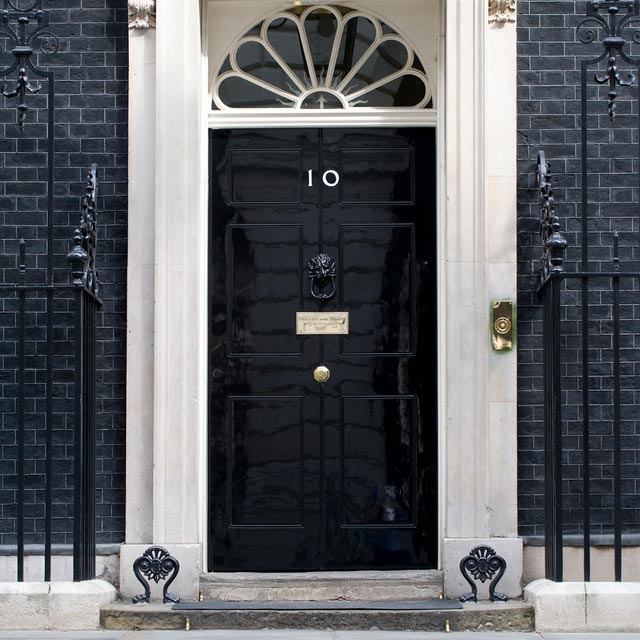
The flare up between Government and lenders yesterday over the Coronavirus Business Interruption Loan Scheme (CBILS) for businesses with a turnover of less than £45 million was telling in two ways about how Government is functioning.
Firstly, it demonstrated that we have now moved from the first to the second phase of its business support operation. The first phase involved launching a suite of breathtakingly large intervention schemes to provide initial reassurance to business as the economy was put into part hibernation.
Those in Government I spoke to last week recognised that designing so many schemes of such significance and complexity in parallel over such a short period of time inevitably meant that there would be a process of filling in details and ironing out issues – including some that they were not yet aware of. That’s the phase we are now in.
Secondly, it showed that this phase will be more challenging than the one that preceded it. The issue now for Government is whether they are ironing out wrinkles or trying to iron over large holes. On the two major lending schemes for example – CBILS and the COVID-19 Corporate Financing Facility (CCFF)* for bigger corporates – we have had one direct intervention each from Government already that appears not to have borne fruit.
On CBILs, this was a move by a number of banks late last week to largely take personal guarantees such as Directors’ homes out of the equation for accessing the scheme – under what was described to me by a Government source as ‘moral pressure’. Yet the issue has boomeranged because commercial loans (where personal guarantees remain in play) have to be sought first according to the Government’s own policy. The most obvious route for the Government to solving the problem when it makes its rumoured announcement tomorrow will be to remove or amend that requirement. But that no doubt makes it sound much simpler than it is.
On CCFF, the problem is that some perfectly healthy companies, typically in less vibrant sectors, cannot secure the necessary credit score to draw on the funds. The issue is less emotive because it affects big corporates. But that doesn’t make it any less important to the economy. Here, the Chancellor intervened last Thursday, promising to create more flexibility over credit assessment, and fresh Bank of England guidance followed. But so far, it looks like the problem still remains unimproved. The noises from inside Government suggest they get this but don’t yet have the answer.
As well as complexity, bandwidth is an issue: the Job Retention Scheme and, particularly, the Self-Employed Income Support Scheme will likely present the same, or an even greater, level of challenge at the same time.
Workflow in Whitehall
The Government will attempt to resolve these issues through the Chancellor chaired economy cabinet committee – one of four constituted in response to COVID-19. The others (with chairs in brackets) are: Health (Hancock), Other public services (Gove) and international (Raab). Each meets and reports daily to the PM and contains relevant representatives from Devolved Administrations. Penny Mordaunt leads a 10am call with MPs of all parties to cascade information and field issues arising from constituency casework.
Whitehall’s current number one priority – and what drove the lockdown decision 10 days ago – is to prevent the NHS from falling over. Ed Jones, a former special adviser to Jeremy Hunt is overseeing a team that is fielding offers of support from business against NHS requirements. Priorities include kit and space for hospitals and virus testing.
The Government is increasingly inundated with such offers. While all are well meaning, the ones that are most likely to be useful are those that are fully worked up, can run themselves without requiring Government resource and address the issues it is most preoccupied with. The worst are non-specific, non-essential and require busy officials to study, amend and improve them.
Longer term
It is too early to be certain of the impact of the crisis on the Government agenda that predated it. But, unavoidably, many of the manifesto promises already resemble broken sun loungers in the wash of a Tsunami. The signposting of a future rise in National Insurance Contributions for the self-employed last Thursday, in breach of the manifesto commitment not to raise tax, bears that out.
*By the way: a tiny but illustrative example of the pace that all of this has been pulled together is that the Government referred to the virus as ‘COVID-19’ for one and ‘Coronavirus’ for the other. You’d expect consistency in this for comparable schemes launched around the same time.